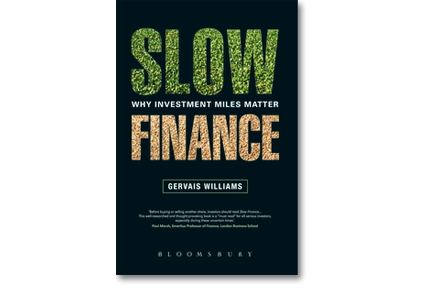Revolutionizing Water Management and Governance for Rio + 20 and Beyond
In Cebu City, the Philippines, public sector workers like Zosimo Salcedo at the Metro Cebu Water District (MCWD) opposed Asian Development Bank financing that would purportedly increase the burgeoning city’s water supply. (…)

